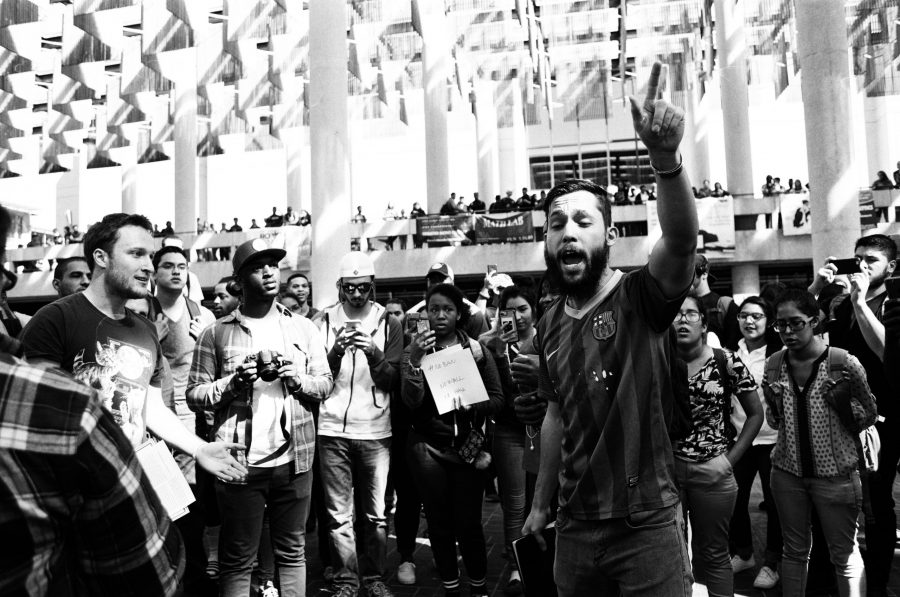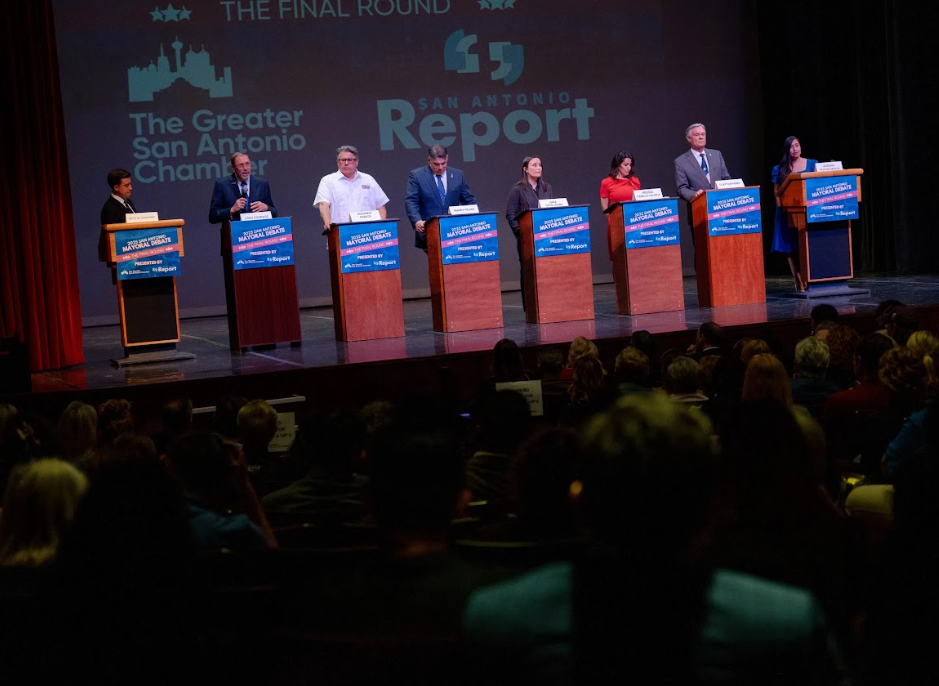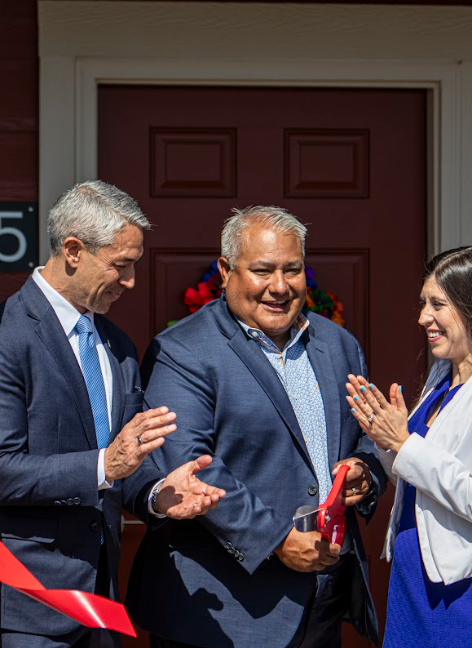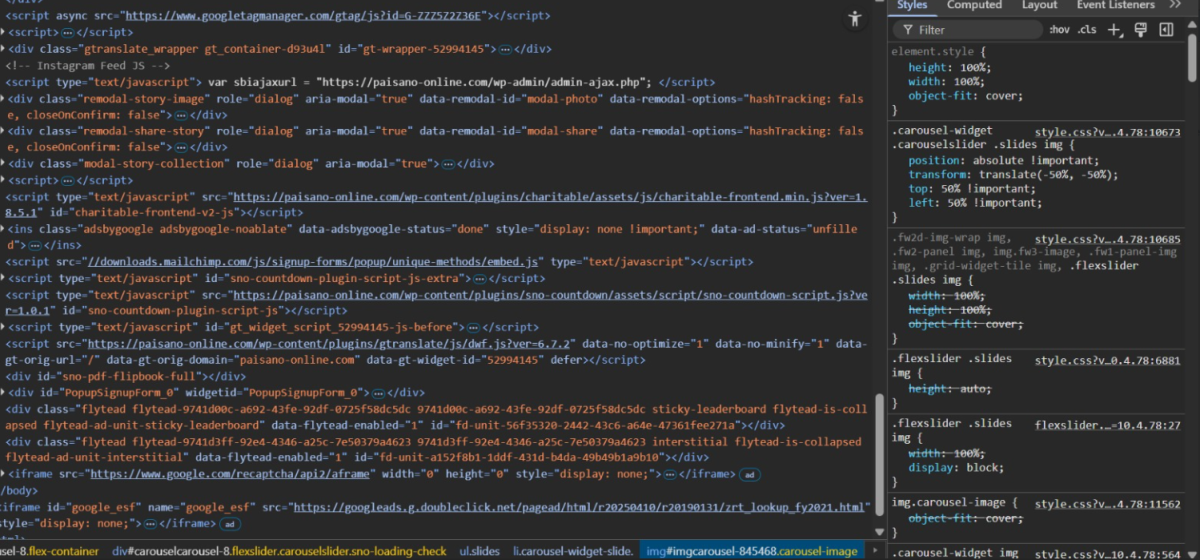The first week of the executive order limiting immigration from seven countries has passed, and the transition is anything but smooth. From the protests at UTSA to Federal Judge James Robart’s decree of unconstitutionality, the order has faced opposition.
The ban is responsible for the suspension of immigration from countries defined as terror threats, a status subscribed by the Obama administration. Across campus, protests opposing the ban developed. Students rallied in the Sombrilla with signs and their voices. Because UTSA houses a large number of international students, the Paisano was able to interview three students hailing from both Iraq and Iran.
“The first impression was, this decision was not thoroughly thought out,” an Iranian student who requested anonymity said, “Not any law coming from a human being, or a group of human beings, should be without error. I thought that the people who advise the president should perhaps listen to the American people on how they can edit it.”
A student Trump supporter, who also opted for anonymity, spoke passionately on what his family had seen when living in Iraq.
“My family was raised in a Muslim country. They experienced first hand how horribly the Christians were treated. As Christians they were second class citizens.” the student said, “Moderate Muslims are generally good and kind people, but they are not the problem. So this isn’t generalizing all Muslims. However it’s known, that in countries that support radical Muslim ideology, the moderates are controlled. They are generally irrelevant and can rarely do anything.”
This puts a spotlight on a key part of the executive order. The countries affected by the executive order are majority Muslim. Part of this act declares the United States will prioritize minority religions of these countries to save them from the persecution.

“Distance means we don’t know each other. This does not help people gather together to build a better world,”
Another Iranian student spoke about how this is affecting families within this region.
“Now, we have a difficult time deciding when to travel back overseas to see family all because of this ban, and hope this ban will end soon. I want to be able to travel freely without having the fear of not being able to return to the U.S.”
Over this week, developments have come along to halt the executive order for the time being. James Robart, a federal judge, ruled the law unconstitutional and the Court of Appeals affirmed this. The Trump administration can take this as an opportunity to review all that has been said by the people of this country.








